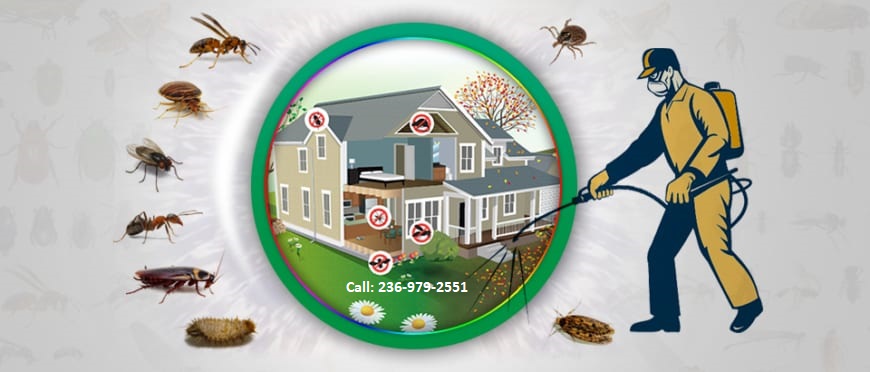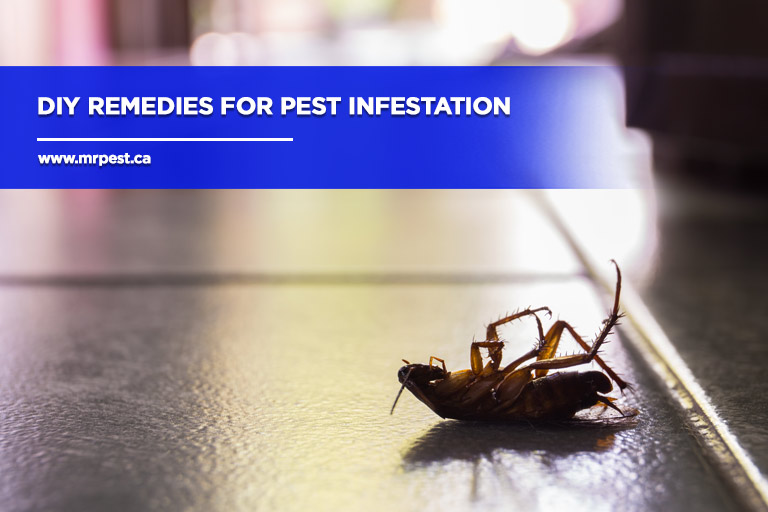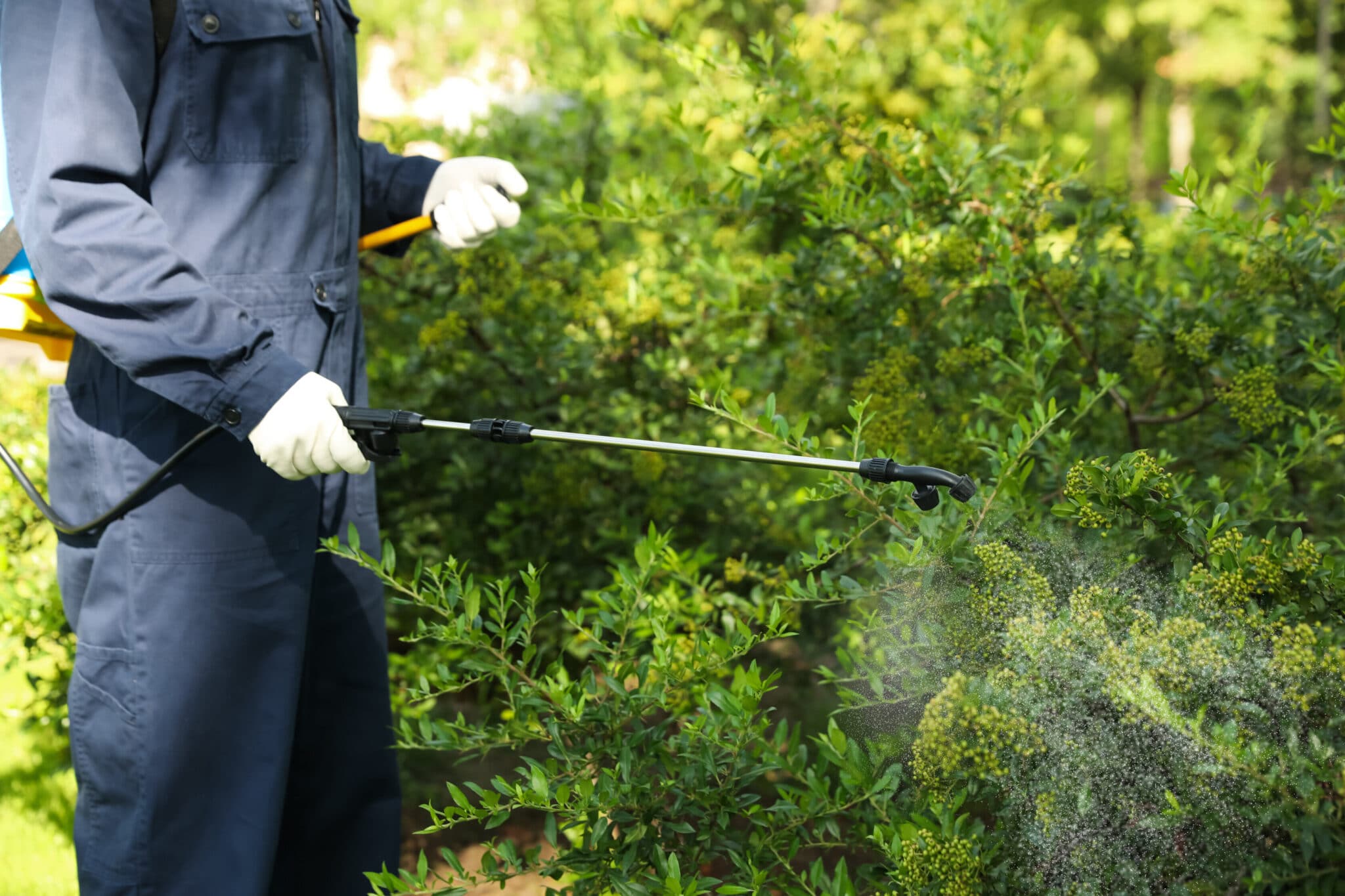Safe and Trusted Pest Control for Lasting Protection
Reliable parasite monitoring calls for a complex strategy that stabilizes eco-friendly stability with the requirement for efficient insect suppression. The nuances of these methods might not be instantly clear, triggering a closer evaluation of the practices that can lead to lasting parasite control end results.
Comprehending Bug Control Methods
Insect control encompasses a selection of techniques focused on managing and eradicating undesirable bugs and rodents that can threaten both wellness and residential or commercial property. Understanding these techniques is important for effective pest management.
The key groups of insect control methods consist of mechanical, organic, and chemical approaches. Mechanical approaches include physical barriers and catches to avoid pest entry and capture undesirable types. For example, making use of displays on windows or employing sticky catches can significantly reduce parasite populaces without presenting harmful materials.

Chemical bug control is commonly one of the most identified technique, making use of chemicals to remove pests. These chemicals can be effective however have to be utilized with care to stay clear of adverse effects on non-target species and the atmosphere.
Advantages of Eco-Friendly Solutions
Just how can environmentally friendly services change insect control methods? The fostering of environmentally friendly insect control approaches uses various advantages, considerably improving the effectiveness and security of parasite management (exterminator coquitlam). These remedies use natural active ingredients, minimizing the reliance on unsafe chemicals that can pose threats to human wellness and the environment. This change not only safeguards families and animals but additionally minimizes the potential for dirt and water contamination.

An additional benefit is the positive effect on regional biodiversity. Green services are developed to target details parasites while preserving helpful bugs and wildlife, promoting a balanced environment. This approach lines up with the expanding customer demand for sustainable practices, boosting the credibility of pest control providers.
Integrated Parasite Administration Strategies
The execution of green options normally causes the fostering of Integrated Insect Administration (IPM) techniques, which further enhance pest control efficiency. IPM is an alternative method that combines multiple strategies to take care of parasite populations while lessening environmental impact. This technique highlights the usage of biological, cultural, mechanical, and chemical controls, guaranteeing a sustainable and well balanced technique of pest management.
One basic aspect of IPM is the thorough evaluation of bug activity and ecological problems. By monitoring insect populations and determining their life process, experts can execute targeted treatments that interfere with the bug's environment or lifecycle, decreasing reliance on chemical pesticides. Furthermore, social techniques such as plant rotation and environment control can considerably decrease pest facility and reproduction.
Another critical part is the use of biological control agents, such as helpful bugs or microorganisms, which can normally reduce insect populaces. When chemical applications are essential, IPM prioritizes using low-risk chemicals and uses them selectively, reducing exposure to non-target organisms and humans.
Including IPM techniques not just improves bug control performance but also promotes a much safer ecological community, straightening with the expanding demand for lasting practices in bug administration.
Safe Practices for Property Owners
Recognizing the value of safe practices in insect control can empower house owners to effectively manage bug issues while securing their wellness and the setting. Implementing non-toxic techniques and precautionary steps is critical in reducing direct exposure to hazardous chemicals.
House owners ought to initially assess their environment for conditions that draw in pests, such as standing water, mess, and food waste. Regularly cleansing and securing entrance factors can hinder parasites from attacking the home. Making use of all-natural deterrents, over here such as essential oils or diatomaceous earth, can provide effective alternatives to chemical pesticides.
When chemical treatments are needed, home owners should select products that are particularly identified as risk-free for household use. It is vital to adhere to application guidelines thoroughly to stay clear of overexposure. Using targeted treatments in locations where insects are identified, instead than covering splashing, can significantly decrease chemical usage.
Finally, you can try here maintaining open interaction with insect control specialists is vital. Homeowners ought to ask about the safety and security of items used and demand environmentally friendly choices whenever feasible. By embracing these secure methods, property owners can produce a healthier living setting while successfully taking care of parasite problems.

Tips for Long-Term Defense
Developing a bug management strategy that stresses long-lasting defense can significantly boost the efficiency of the secure techniques formerly talked about. To attain this, house owners must implement regular inspections of their property, concentrating on hidden locations such as attic rooms, cellars, and crawl spaces. Early discovery of pest activity is crucial in protecting against invasions from holding.
These practices decrease attractants that draw pests into the home. Sealing access points, such as splits around windows and doors, can effectively obstruct possible insect access.
Landscape design should also be taken into consideration; maintaining plants cut and preserving a distance between plant life and the home lessens hiding places for pests. Utilizing all-natural deterrents, such as important oils or diatomaceous planet, can additionally discourage problems without resorting to harsh chemicals.
Finally, collaborating with an expert parasite control solution for regular assessments can supply an additional layer of safety and security. These professionals can provide tailored recommendations and advanced treatments, making sure that your home continues to be protected against pests in the long term.
Conclusion
To conclude, safe and trusted pest control needs a complex method that emphasizes eco-friendly methods and integrated insect monitoring. By applying all-natural deterrents, performing routine examinations, and keeping proper cleanliness, click to read more homeowner can significantly reduce pest populations while safeguarding valuable insects and the environment. Partnership with expert pest control solutions boosts the effectiveness of these approaches, making sure customized options that supply long lasting defense and comfort against future problems.
Effective pest administration requires a multifaceted approach that stabilizes environmental stability with the demand for efficient parasite suppression. The fostering of environmentally friendly insect control approaches supplies various advantages, significantly boosting the performance and safety of insect administration.The implementation of environment-friendly remedies naturally leads to the adoption of Integrated Pest Administration (IPM) techniques, which even more improve parasite control efficiency. exterminator coquitlam. By keeping track of parasite populations and identifying their life cycles, experts can implement targeted interventions that interrupt the pest's environment or lifecycle, reducing reliance on chemical pesticides.In conclusion, reliable and secure pest control requires a complex approach that emphasizes green methods and integrated parasite management